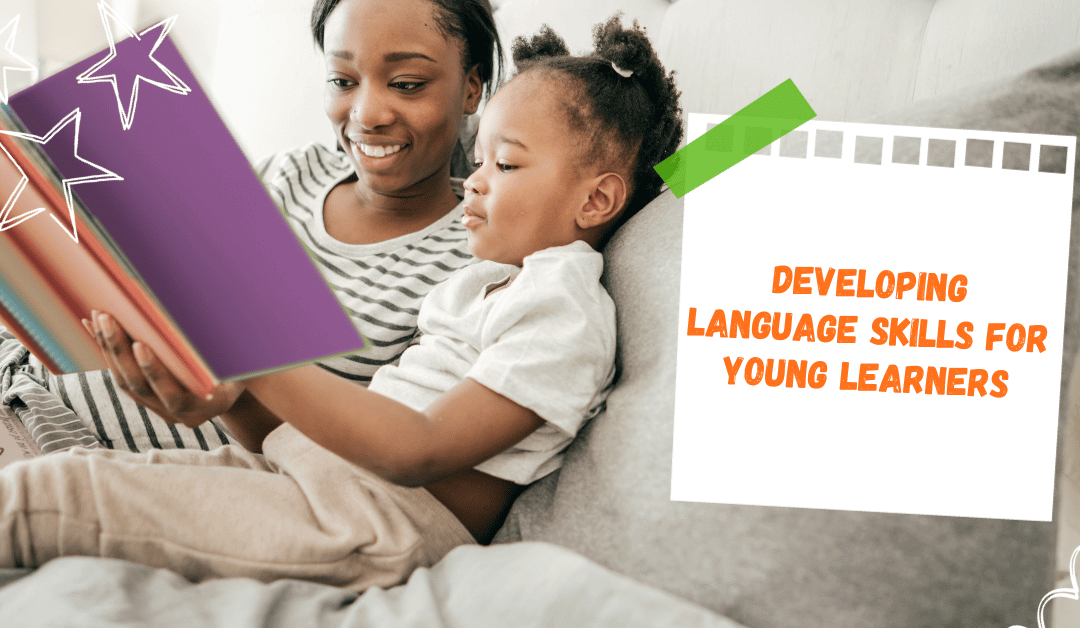
Developing Language Skills for Young Learners
Learning language skills is an important part of a child’s development. For young learners, it is essential to start early and give them the best foundation for their future success in communication. Nursery rhymes are an ideal way to help children develop language skills through interactive teaching methods.
Nursery rhymes provide a fun and interactive platform that helps children learn new words through repetition, singing, and other activities which can foster their love of language from an early age. In this blog post, we’ll explore how nursery rhymes can be used to teach young learners essential language skills such as pronunciation, vocabulary building, sentence structure, grammar rules and even storytelling techniques!
With these tips, you can help your little one get the best start possible in their language development journey.
Language Skills for Young Learners
- Start with Rhyming Words: Rhyming words are a great way to teach young learners basic language skills like pronunciation and vocabulary. Start off by introducing simple one-syllable words such as “hat” and build up to more complex words like “hippopotamus” and “elephant”. As your child’s language skills progress, you can move onto nursery rhymes with more complex rhyming patterns.
- Introduce Sentence Structure: Nursery rhymes are also a great way to introduce young learners to sentence structure. Each nursery rhyme is structured around a specific pattern of words, syllables and sounds. By repeating the same pattern, you can help your child learn to identify the different parts of a sentence such as subject, verb, and object.
- Teach Grammar Rules: Nursery rhymes are also a great way to teach grammar rules to young learners. As your child learns to recognize the patterns of a nursery rhyme, they can start to identify the different parts of speech such as nouns, verbs, and adjectives. You can also help your child learn basic grammar rules such as using plural forms of nouns and using the correct verb tense.
- Develop Storytelling Skills: Nursery rhymes are great for developing storytelling skills in young learners. By introducing stories with a beginning, middle and end, you can help your child learn the basic elements of storytelling and help them develop their creative writing skills. The use of repetition and rhyme in nursery rhymes can also help to reinforce the story in your child’s mind and help them remember the story more easily.
By introducing nursery rhymes to your young learner, you can help them to develop essential language skills that will set them up for success in the future.